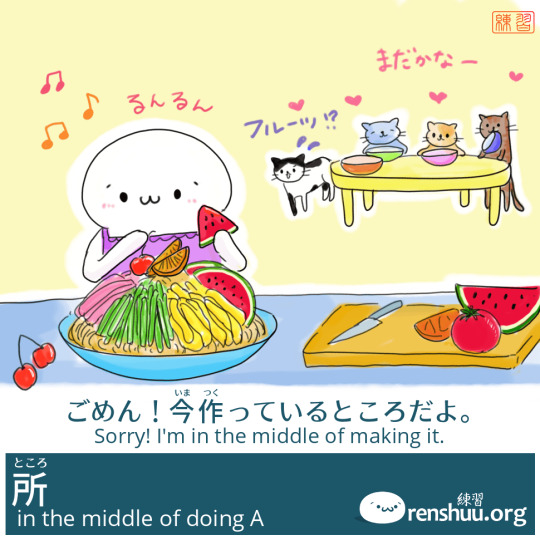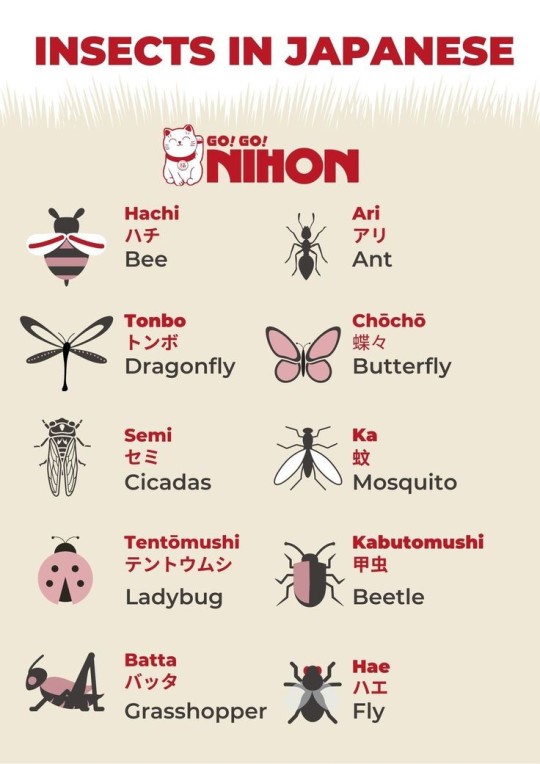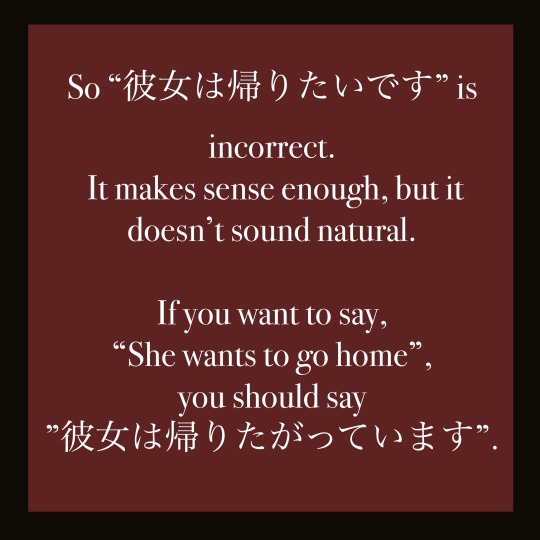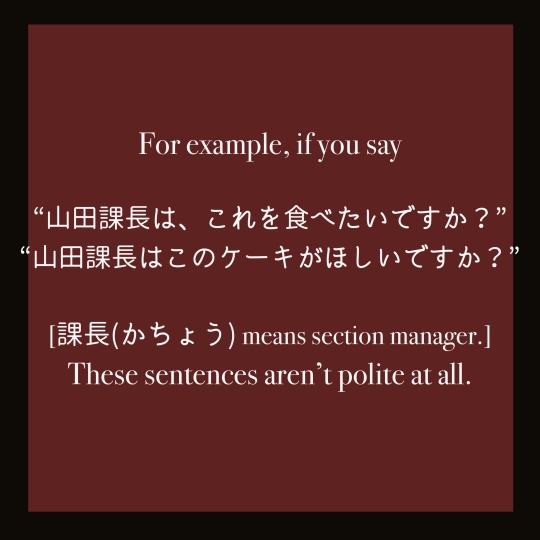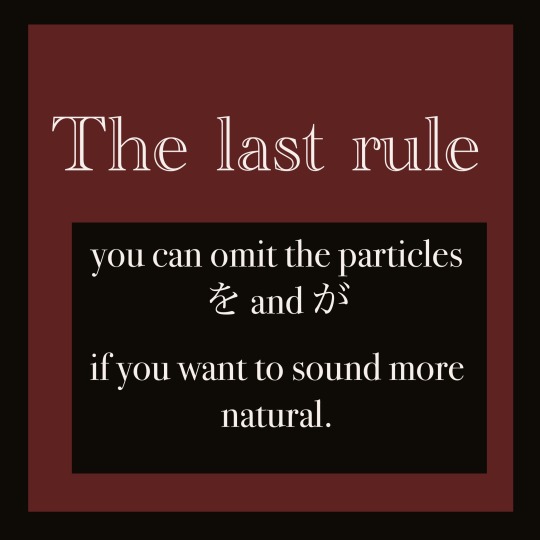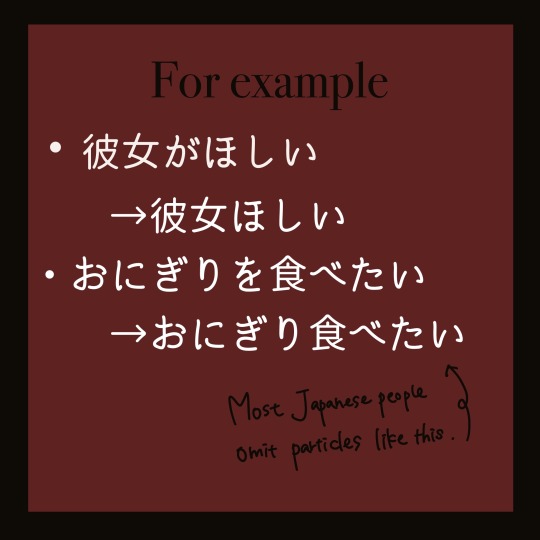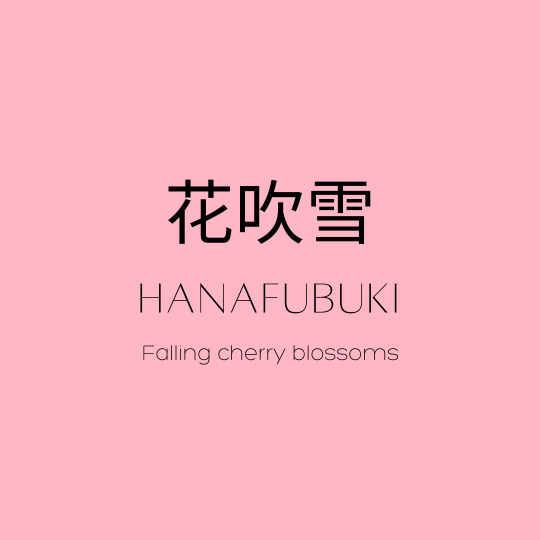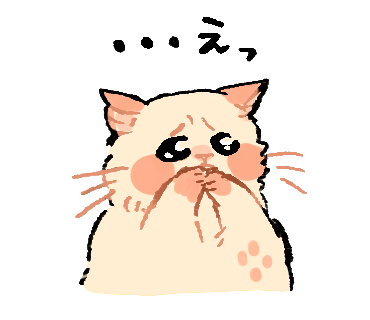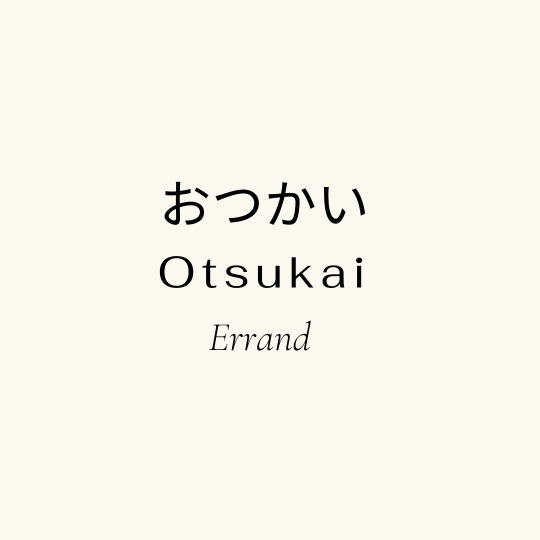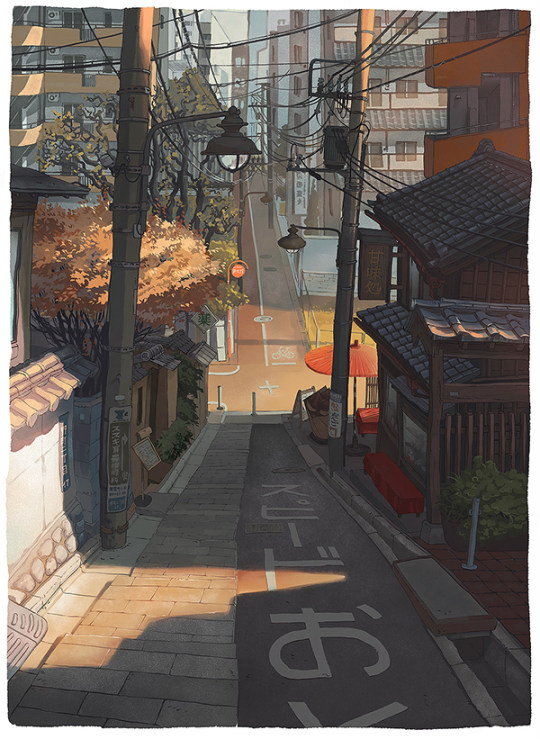Photo

Hasui Kawase (川瀬 巴水 Kawase Hasui, May 18, 1883 – November 7, 1957)
Woodblock Prints
more
1K notes
·
View notes
Text
Some notes on Japanese culture
Interrupting. In Japan it is normal to wait until people have completely finished speaking before you start your turn. This can leave Japanese at a disadvantage when speaking to people from countries where it is normal to speak over each other.
Gift giving. In Japan it is traditional to take a gift away and open it when you get home, but a young person or foreigner doing this might be met with surprise.
Japanese teachers and drinking. One factor relevant to Japan is the fact that Japanese teachers usually avoid drinking even water in class and certainly try not to drink straight out of the plastic bottle.
Eye contact. Asian students often close their eyes to concentrate during listenings etc.
92 notes
·
View notes
Photo
My aunt: *Hands me something* My friend got me this and it seemed Japanese so I thought you'd want it :)
The thing: *Has tags and packaging in Chinese*
Me:


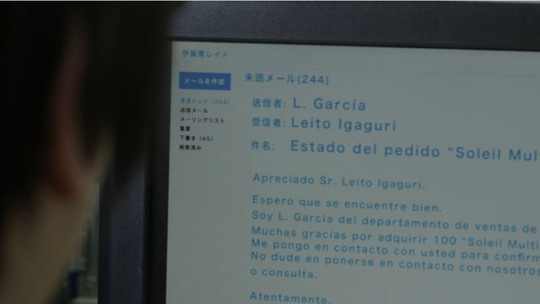

So this is gonna be a productive day
202 notes
·
View notes
Photo

てくる・または・てきている ・ んじゃねえ grammar
いちいち花なんか 買ってくるんじゃねえ
いちいち has a negative connotation. Though it means “one by one.” It is only used to describe negative actions being done “one by one.” It describes something annoying/trivial/unnecessary is done all the time.
なんか noun + なんか is used when you belittle something, someone or express your strong emotion, emphasize what comes before in a negative way
んじゃねえ (のではない formal)
When you describe some situation in an explanatory tone / make your point/ emphasize the fact or your opinion.
When you give someone an order or suggestion.
When you talk about probability. Probably…/When you express your opinion, I think…/ When you make your point (affirmative sentences)
When you question something.(could be translates to question tags)
いつもどおり as usual, all the time
買ってくる to buy and bring. Yuuji’s granddad is referring to something that is happening all the time; it’s not a past action or something that has already happened.

~てくる
It can be very confusing and often gets lost in translation (I’ll use ~てくる as a generic term, but the rules provided don’t define てくる (as opposed to てきた )). To get a better understanding of it, we need to be able to distinguish between an actual physical movement and an abstract concept.
Movement:
In this case, the verbs are typically written in 漢字, but this is not always the case. It’s important to notice/analyze your surroundings to determine what an additional nuance ~てくる conveys.
It indicates that whoever performs the action marked by ~て, ends up at the speaker’s location. Yuuji (the doer) bought the flowers and went to his granddad (speaker’s location). (I’ve always thought that the doer and the speaker must be the same person.)
ワインを買ってきてください My friend is the doer of the action (buying and bringing wine). Since I’m the speaker, she’s going to end up at my location. A motion/action that is coming the speaker’s way. Someone is running towards you or bringing flowers (towards) you. 買ってきた = bought something and you brought it home/where you are.
If you hear:
Keep reading
48 notes
·
View notes
Text
“穴があったら入りたい”
—
(to be ashamed enough) to wish you could just disappear; wanting to sink into the ground in shame
(lit. “If there was a hole I’d enter it”)
165 notes
·
View notes
Photo
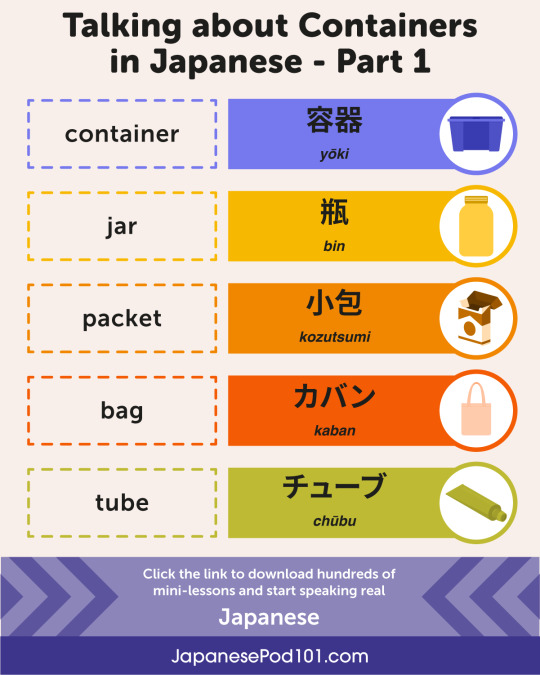
Talking about Containers in #Japanese - Part 1 🍯🐝 PS: Sign up here to learn more about grammar, culture, pronunciation and Japanese language learning tips: https://www.japanesepod101.com/?src=tumblr_special_infographic_containers-part1_image_030221
51 notes
·
View notes
Text
\ (︶︿︶) Random Vocabulary List (︶︿︶) /
1. ぼったくり (ぼっ手繰り): Rip-off, Unfair overcharging
2. 逸らす (そらす): 1. to turn away (one’s eyes, face, etc.) 2. to avert; to divert (e.g. one’s attention) 3. to evade (e.g. a question), 4. to change (e.g. the subject)
3. 自己反省 (じこはんせい): Introspection, Self-reflection
4. 持参 (じさん): Bringing, Carrying
5. 張本人 (ちょうほんにん): Perpetrator, main culprit, ringleader, person responsible
6. 相対的 (そうたいてき): Relative
7. 剥製 (はくせい): Stuffing, Mounting, Taxidermy
8. 用心棒 (ようじんぼう): Bodyguard, Guard
9. 誘拐 (ゆうかい): Kidnapping, Abduction
10. 優雅 (ゆうが): Elegant, Graceful
11. 徹夜 (てつや): Staying up all night (for a purpose)
12. 語源 (ごげん): Origin of a word, etymology
13. 群れ (むれ): Group, Flock, Herd, Swarm, Cluster (羊の群れ, 蚊の群れ, ヒマワリの群れ…)
74 notes
·
View notes
Photo
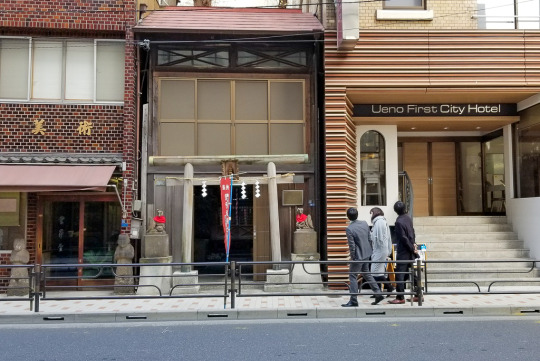


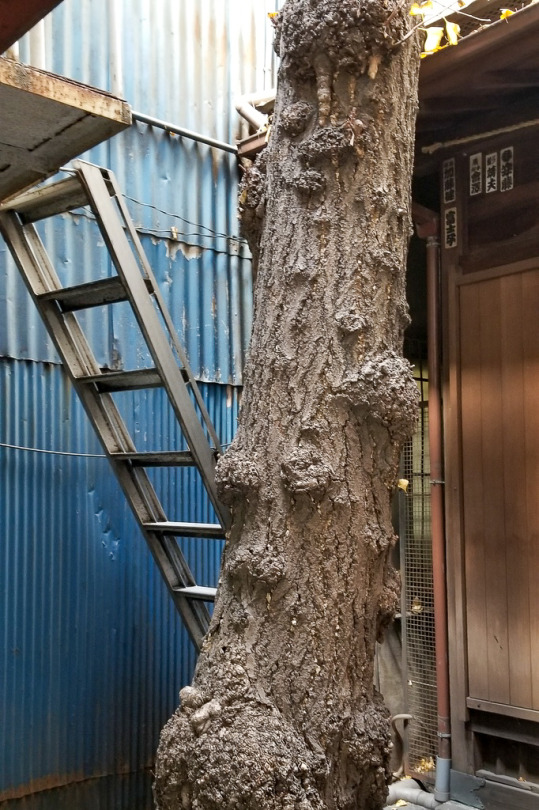
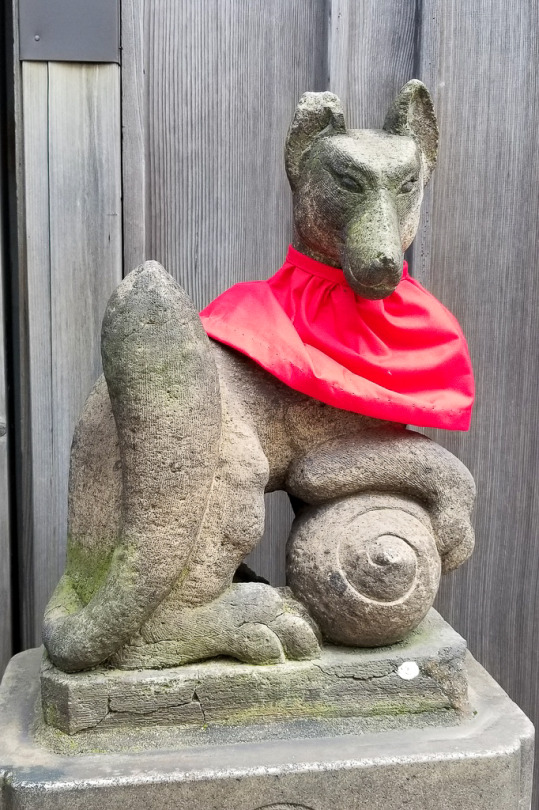
Here’s another hide-and-seek shrine that looks like a house, except for that torii: Yakyū Inari Jinja (箭弓稲荷神社) in Ueno.
152 notes
·
View notes
Photo
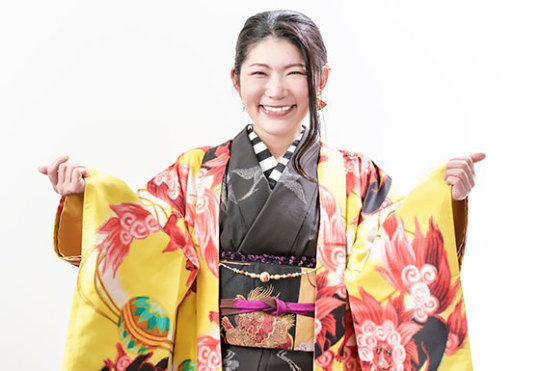

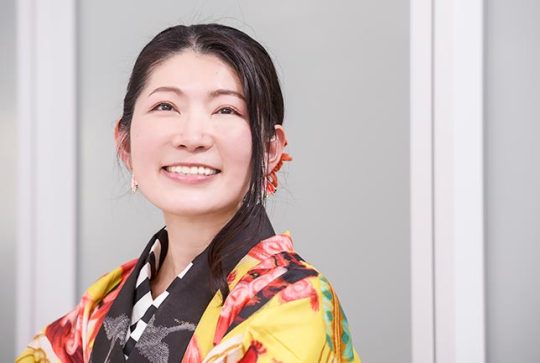
Author Sakai Kikuko wearing a vibrant meisen haori depicting shishi lions and temari balls.
Meisen is an ikat style fabric which was super fashionable in the 1920′s/30′s and faded after 1950. Though often brightly patterned and produced via a time consumming process (threads were dyed before weaving), meisen items were sturdy everyday clothes. A tell-tell of meisen is the blurry effect pattern it gives:
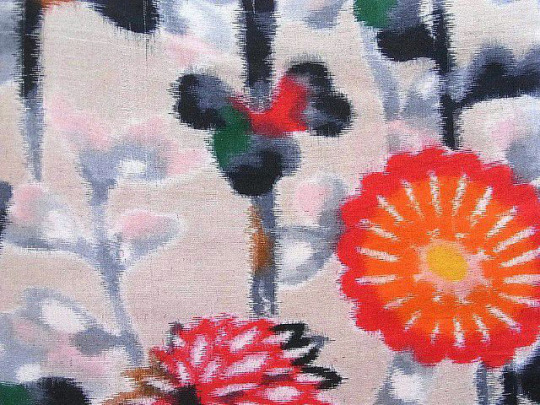
Here is a little documentary about how meisen fabrics are still made in Isekaki:
youtube
118 notes
·
View notes
Text
Japanese Word of the Day
#Japanese #WordoftheDay
対処
(たいしょ/taisho)
‘deal with, cope’
Example: こんな緊急事態は とても我々だけでは対処できん
— Learning Japanese (@LearnJPBOD) March 25, 2021
8 notes
·
View notes
